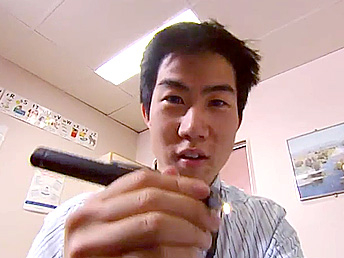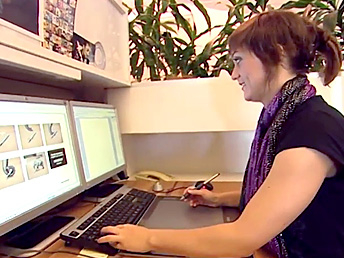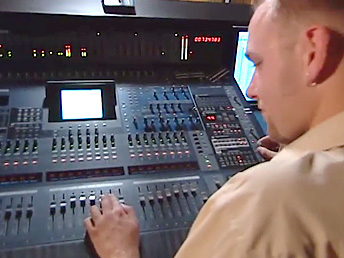
Orchestral Musician
Being an orchestral musician involves learning, playing and performing pieces of music on a particular instrument. A lot of the job involves rehearsing under a tight schedule and performing up to four times a week.
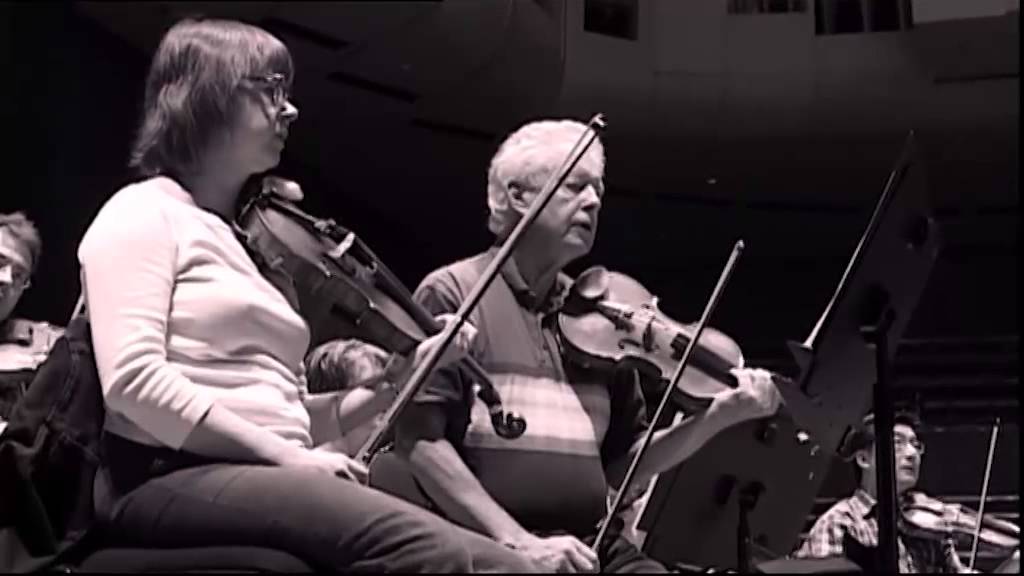

What the job looks like
Salary expectation
starts at $45,263 up to $117,291+

The good
- Travelling for tours
- Playing in amazing venues like the Opera House
- Being inspired by guest artists
- Variety in programs and conductors each week
- Call times change each week depending on performances which allows some flexibility
- Possibility of working overseas
- Opportunity to move into teaching
The not so good
- Constant practising
- Always critiquing yourself
- Irregular hours and working weekends/evenings
- Jobs are competitive
Most orchestral musicians begin playing an instrument at a very young age. Major orchestras are based in Australian capital cities.
You will need to be determined to succeed. There will be times when you play at concerts or gigs for free but that is all part of starting out and you never know what connections you might make. Being part of an orchestra also involves constantly rehearsing and practising.
Reading and understanding music is crucial. Good English skills will come in handy during your studies when reading and writing essays or assignments. As learning music is like learning a language, you will also need the skills of analysing and interpreting.
You will use maths without even realising it when it comes to music. Your brain uses maths to understand musical patterns and after a while you will be counting notes and beats without noticing you are doing it. Composers also look for different structures to put together compositions.
Teamwork and discipline are a big part of being an orchestral musician. Dedication and natural musical ability will also help if this is your desired career path.
Music is fun and creative and it’s a thrill to do concerts with first rate artists.
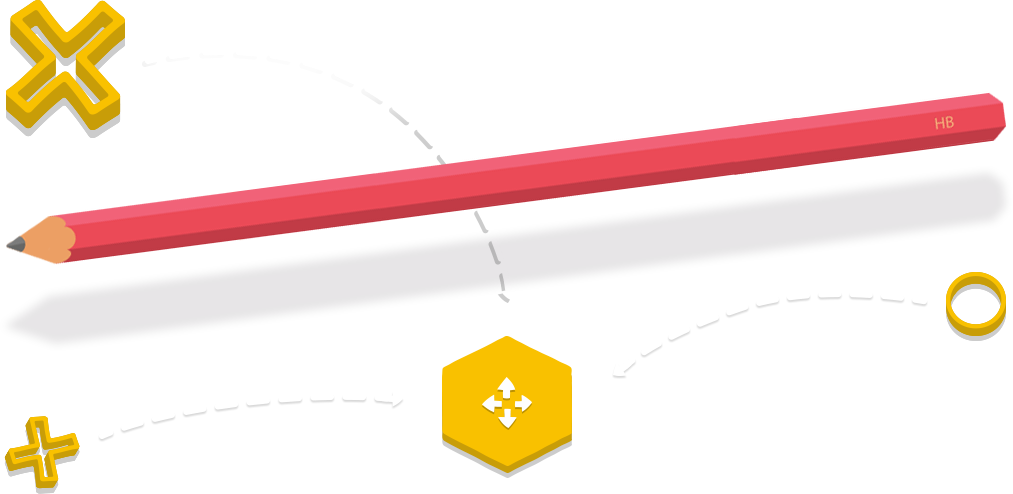
Pathways to this career
Subject suggestions for the HSC
Choosing your HSC subjects from this list could really help with your career. Think carefully about what you want to study after school as you might need to choose specific HSC subjects for that course and to count towards your ATAR (Australian Tertiary Admission Rank). An ATAR is your academic rank in relation to other HSC students and helps with University admission.
HSC subjects
Some subjects will count towards your ATAR, others will not. Check with your career advisor before making subject selections.
- English (Standard or higher)
- Mathematics (General 2 or higher)
- Music
What can I do after I have finished school?
University degrees
Studying one of these degrees can help with your career.
- Bachelor of Music
Courses and qualifications
Courses and qualifications can give you a great start.
- Diploma of Music
Suggestions
Check out The Australian Institute of Music, The Australian Youth Orchestra and The Newcastle Youth Orchestra for more information
- Practice both your instrument and reading music
- Get involved with your school band or music group and get used to performing
- Keep an eye out in major newspapers for position vacancies to see what is available
- Go to career expos and events like university Open Days for information about what you will study
